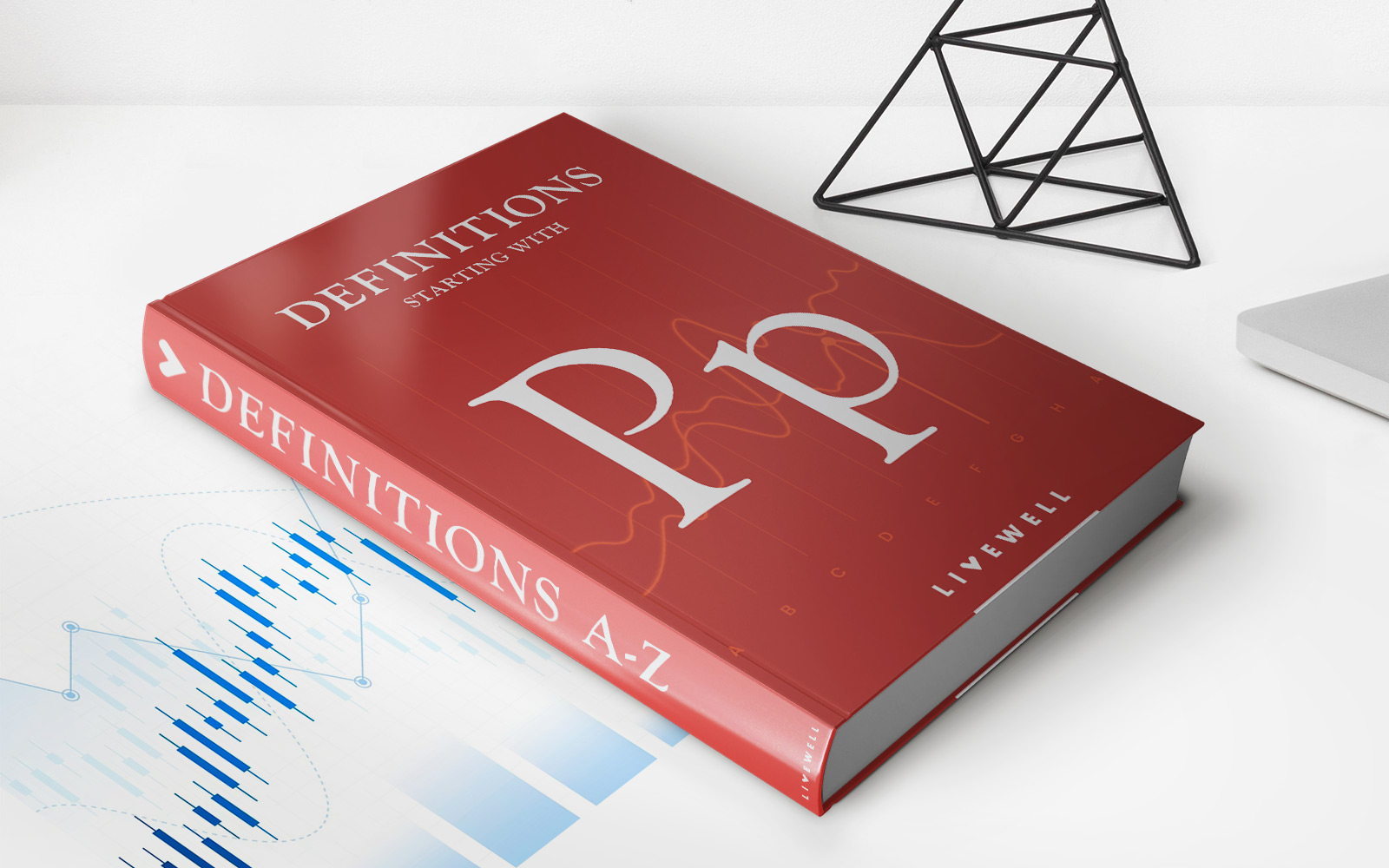

Finance
Valuation Premium Definition
Published: February 15, 2024
Learn the definition of valuation premium in finance and how it affects your investments. Gain insights into this essential concept for financial decision-making.
(Many of the links in this article redirect to a specific reviewed product. Your purchase of these products through affiliate links helps to generate commission for LiveWell, at no extra cost. Learn more)
Understanding Valuation Premium: What It Is and How It Affects Your Finances
When it comes to understanding the intricacies of finance, there are many terms and concepts that can seem overwhelming. One such concept is valuation premium, a term that you may have come across in financial discussions or research. But what exactly is a valuation premium and how does it impact your personal finances? In this blog post, we will break down the definition of valuation premium so that you can gain a clearer understanding of its significance.
Key Takeaways:
- A valuation premium refers to the higher price that investors are willing to pay for a company’s stock compared to its true or intrinsic value.
- The existence of a valuation premium can indicate that investors have high expectations for the company’s future growth and profitability.
What is Valuation Premium?
In simple terms, valuation premium refers to the premium or extra amount that investors are willing to pay for a company’s stock compared to its true or intrinsic value. It is essentially the difference between the market price of a stock and its valuation based on fundamental analysis.
Valuation premium is best understood in the context of a company’s earnings or financial performance. When investors believe that a company has strong growth potential or is likely to generate significant profits in the future, they may be willing to pay a higher price for its stock. This higher price represents the valuation premium.
How Valuation Premium Affects Your Finances
Understanding valuation premium is crucial for investors as it can significantly impact their financial decisions. Here are a few ways in which valuation premium affects your finances:
- Investment Decisions: When evaluating potential investment opportunities, understanding the presence and magnitude of valuation premium can help you assess the potential risks and rewards associated with a particular stock. An exorbitant valuation premium may suggest inflated expectations and higher investment risks.
- Stock Performance: Companies with a high valuation premium are under intense pressure to deliver exceptional results. If the company fails to meet investors’ lofty expectations, the stock price can plummet, resulting in substantial losses for investors.
- Opportunities for Profits: On the flip side, if you can identify companies with a reasonable valuation premium that you believe are undervalued, you may be able to seize opportunities for profit. Buying stocks at a lower price than their perceived value and selling them when the valuation premium rises can result in significant gains.
Valuation premium is a crucial aspect of finance that can impact investors and their financial decisions. By understanding this concept, you can navigate the investment landscape more effectively and make informed choices that align with your financial goals and risk appetite.
Remember, it’s always essential to conduct thorough research, consult with financial professionals, and carefully consider your risk tolerance before making any financial investment decisions.














